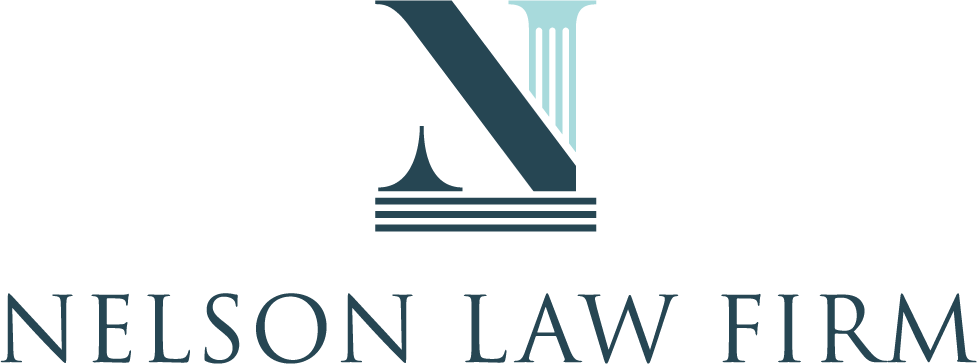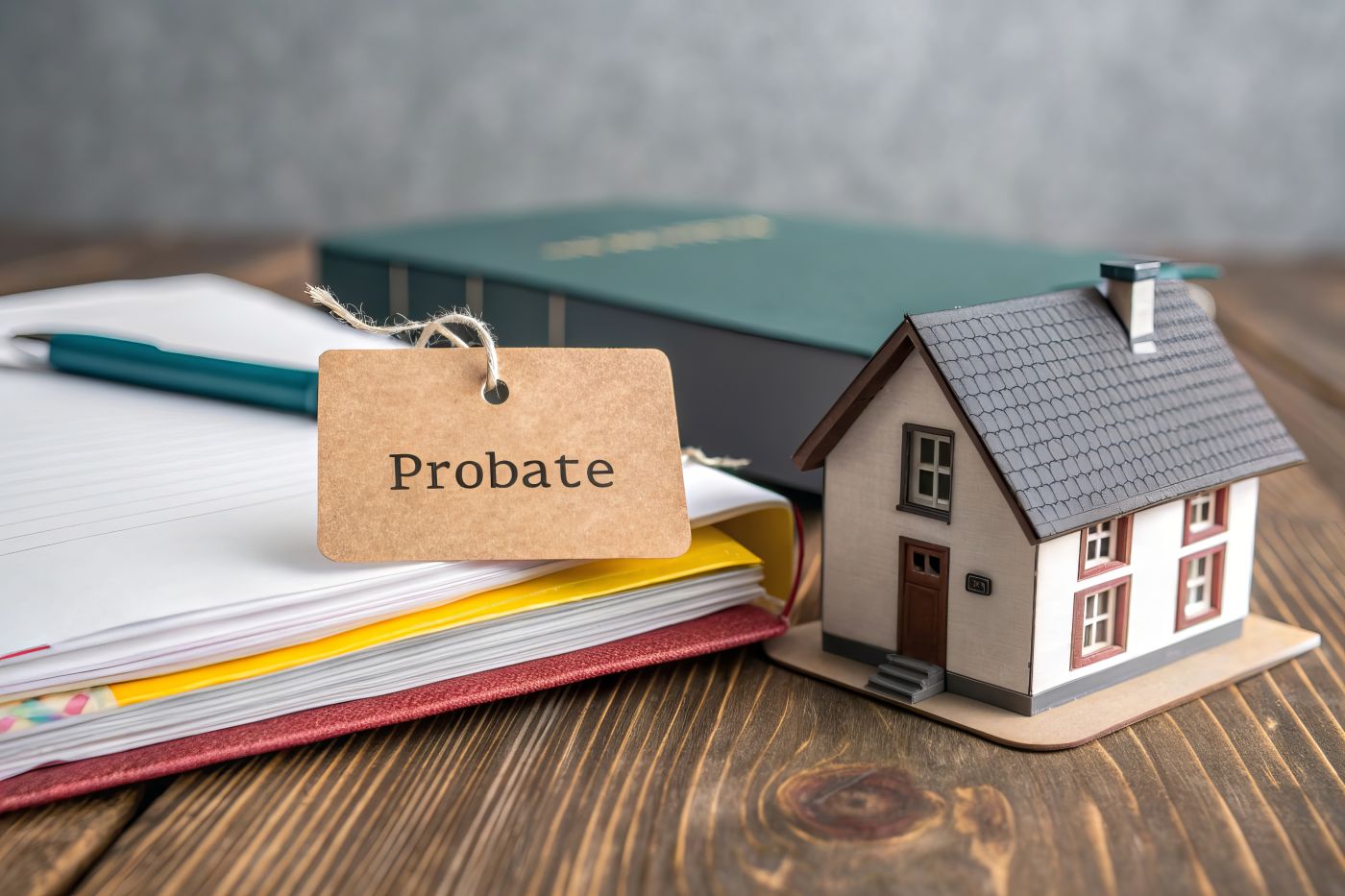When someone passes away, their estate may go through probate, which is the legal process of validating a will and distributing assets. Not all property is treated the same way, however. Certain assets are considered “non-probate” and bypass the court process altogether.
Non-probate assets often include life insurance policies with named beneficiaries, jointly owned property with rights of survivorship, and retirement accounts with a designated recipient. Because these assets pass directly to a beneficiary, many people assume creditors can’t touch them.
While this assumption seems reasonable, the reality is more complicated. If you’re wondering whether creditors can pursue claims against assets outside the probate process, our attorney at The Nelson Law Firm in Bluffton, South Carolina, is here to offer the clarification you need. Contact us today to learn more.
Can Creditors Reach Non-Probate Assets?
Creditors typically have the right to seek repayment from a deceased person’s estate, but their ability to collect depends on the type of asset and how it's titled. In general, non-probate assets are more difficult for creditors to access, but “difficult” doesn't mean “impossible.”
For example, if a beneficiary receives funds from a life insurance policy and then deposits them into their personal bank account, those funds could become subject to creditor claims under certain circumstances. Additionally, some states allow creditors to pursue certain non-probate assets if the probate estate lacks sufficient funds to pay outstanding debts.
This concept is known as “augmentation” or “clawback,” where non-probate transfers may be considered part of the estate for the purpose of satisfying debts. Some states have Uniform Probate Code (UPC) provisions that permit creditors to reach into non-probate transfers in limited cases, such as when the estate is insolvent. South Carolina doesn't currently follow the UPC in full, but similar principles may apply in equitable claims or through civil litigation.
Understanding these exceptions is key to protecting your loved ones. The following section breaks down the most common examples of non-probate assets and how they’re treated under creditor laws.
Common Types of Non-Probate Assets
Non-probate assets generally fall into several categories:
Jointly owned property with right of survivorship: When one owner dies, the surviving owner automatically receives full ownership without court involvement.
Payable-on-death (POD) and transfer-on-death (TOD) accounts: Bank or investment accounts with named beneficiaries pass directly to those individuals.
Retirement accounts (IRA, 401(k), etc.): Funds go to the listed beneficiary without going through probate.
Life insurance proceeds: Paid directly to the designated beneficiary.
While these arrangements provide efficiency, they aren't a blanket shield from creditors. As we’ll see next, the laws governing creditor rights can vary significantly between states, making local guidance essential.
How State Law Affects Creditor Access
One of the most important factors in determining whether creditors can access non-probate assets is state law. In South Carolina, creditor rights are governed by a combination of probate statutes and property law principles.
For instance, South Carolina generally protects life insurance proceeds from creditor claims when there is a named beneficiary. However, if there is no beneficiary and the funds default to the estate, they may become part of the probate estate and subject to claims.
Because these laws can be nuanced, relying solely on generic advice from the internet can lead to costly mistakes. That’s why working with an experienced attorney who understands South Carolina’s probate rules is so important. Next, we’ll look at proactive planning strategies.
Situations That May Trigger Creditor Claims
Even when assets are structured to avoid probate, certain red flags can attract creditor attention. For instance:
Large recent transfers before death: Creditors may argue that the decedent made transfers in anticipation of death to avoid paying debts, which could lead to legal challenges under fraudulent transfer laws.
Unpaid long-term care costs or Medicaid claims: In some situations, the state may pursue estate recovery efforts that can reach non-probate transfers under expanded definitions of “estate” for Medicaid purposes.
Co-mingled accounts: If inherited funds are deposited into joint accounts or mixed with marital assets, they could lose their protected status.
Understanding the implications of each of these scenarios is essential when structuring your estate. What appears secure on paper may be vulnerable in practice without proper legal safeguards.
Planning Strategies to Protect Non-Probate Assets
If you want to maximize protection of non-probate assets from creditors, proactive planning is critical. Some strategies include:
Naming specific beneficiaries: Avoid leaving assets payable to your “estate,” as this may subject them to probate and creditor claims.
Using trusts: Properly structured trusts can shield assets from both probate and certain creditor claims.
Keeping assets separate: Mixing inherited non-probate funds with other accounts may expose them to creditors.
In addition, using irrevocable trusts can offer stronger protection, as the assets are no longer considered part of your personal estate. However, these must be set up well in advance—once creditors are on the horizon, it's often too late to make meaningful changes.
Another underutilized strategy is the use of spousal disclaimers. A surviving spouse may disclaim certain assets, allowing them to pass to contingent beneficiaries (such as children) and potentially avoiding claims against the spouse’s own debts or liabilities.
These strategies require careful legal drafting and a thorough understanding of state law to be effective. In the next section, we’ll consider the role of timing and the importance of updating your plan regularly.
Why Timing and Updates Matter
Life circumstances change — marriages, divorces, new children, and even shifting financial priorities can all affect how your assets should be titled and distributed. An outdated plan can inadvertently expose non-probate assets to creditor claims simply because beneficiary designations were never updated.
Regular reviews of your estate plan confirm that your goals are still being met and that all protective measures remain in place. This proactive approach minimizes surprises for your loved ones and keeps your plan aligned with your current wishes.
It’s not uncommon for individuals to mistakenly believe that a trust or beneficiary designation made years ago is still in force, only to discover that the named person has passed away or that the account has reverted to the estate by default. These oversights can significantly weaken asset protection efforts.
Annual or biennial check-ins with your estate planning attorney can prevent these mistakes and identify opportunities to enhance protection based on new laws or financial changes.
What Happens If There Aren't Enough Probate Assets?
When the probate estate lacks sufficient funds to pay debts, creditors may explore legal pathways to access non-probate assets. This could involve initiating a claim against the beneficiary for restitution or unjust enrichment, especially if the non-probate transfer was substantial and the estate is insolvent.
While these claims are harder to prove, they’re not unheard of—particularly in cases involving large life insurance policies or POD accounts where the beneficiary is closely tied to the decedent (such as a caregiver or recent spouse). Understanding the potential for these situations is a critical part of protecting both your estate and your heirs.
Contact Us Today to Protect Your Family’s Future
Protecting your assets from unnecessary legal challenges requires more than just naming beneficiaries — it requires a thoughtful strategy that accounts for probate, non-probate transfers, and creditor rights.
At The Nelson Law Firm in Bluffton, we help clients throughout the South Carolina Lowcountry region, including Beaufort County, create personalized plans that safeguard their wealth and provide for their loved ones. Whether you need guidance with probate administration, probate litigation, and estate planning, or simply want to understand how creditor laws affect your situation, our firm is here to help.
Contact us today to schedule a consultation and take the first step toward securing your legacy.



